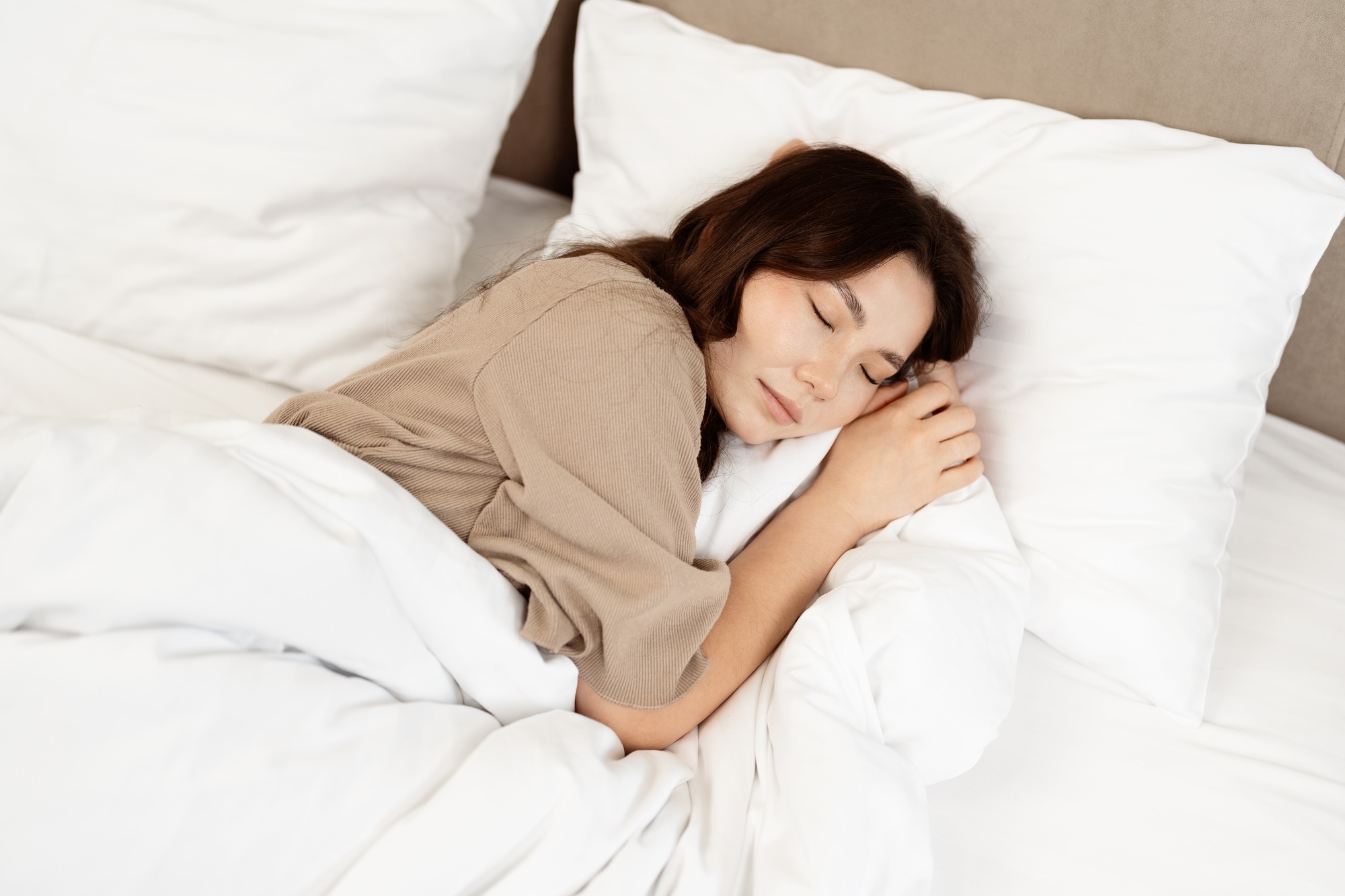If you’re tired of tossing and turning in the night, or struggling to drift off into a peaceful sleep, you aren’t alone. About 84 million other people – a third of all adults – have the same problem. But a good night’s sleep has all sorts of medical benefits, including improvements to brain functionality and your immune system, while sleep deprivation can be a culprit in diseases such as stroke, heart disease, and obesity.
Most times, the problem is not that people don’t want to get enough sleep. Instead, it can often have to do with habits before bed. Here are some effective tips to improve your sleep quality.
Stick to a consistent sleep schedule
Maintaining a regular sleep schedule is key to regulating your body’s internal clock. Called the “Circadian rhythm,” the body’s clock needs a good schedule, and better sleep comes from making sure that clock stays on schedule. Aim for at least seven hours of sleep each night and try to go to bed and wake up at the same time every day, even on weekends. If you have trouble falling asleep, engage in a relaxing activity and return to bed when you feel tired.
Diet promotes better sleep
There are good and bad parts of a diet that can impact the way a person sleeps. Going to bed on an empty stomach can make it difficult to sleep. So, too, can going to bed overly full. Most studies now show that having something light to eat before bed is the best recipe for good sleep. At the same time, hydration has proven to be another important element of peaceful sleep. While too much water can keep a person up throughout the night, being dehydrated has a bigger impact on sleep. Just as with food, the right level is important. It also goes without saying that nicotine, caffeine, and alcohol can disrupt your sleep patterns.
Create a serene sleep environment
Ensure your sleep space feels like a relaxing atmosphere. Keep the room cool, dark, and quiet, and minimize exposure to bright lights before bedtime. Consider incorporating calming activities into your nightly routine, such as taking a bath or practicing relaxation techniques. It’s also important that your mattress and sleep sets are comfortable.
Avoid the blue light
Scrolling through a smart phone or computer before bed can significantly disrupt sleep patterns. The emission of blue light from screens has been shown to suppress the production of melatonin, a needed hormone for regulating sleep-wake cycles. Blue light exposure during the evening hours signals to the brain that it is still daytime, interfering with the natural release of melatonin and delaying the onset of sleep. This delay can lead to difficulty falling asleep, reduced sleep time, and sporadic sleep patterns.
Use physical activity for better sleep
Regular physical activity can contribute to better sleep quality, but that comes with a caveat. With busy schedules, it’s often hard to find time during the day to exercise. Strenuous exercise close to bedtime can be counterproductive. High-intensity workouts can raise the body’s temperature, which makes it difficult to fall asleep. Instead, try to get exercise earlier in the day. If it’s impossible to get in a workout, another option is to spend time outdoors. Being outside tends to help reduce time exposed to blue light and helps people decompress.
Manage stress and worries
The old saying is true: Don’t go to bed angry. No matter what the reason, being stressed out and trying to fall asleep is a recipe for disaster. Not only does stress make it harder to get to sleep, that stress can also elevate hormones like cortisol, which acts as a sleep disrupter.
While there are many tools to handling stress, especially before bed, one idea is to address any concerns or worries before bedtime by jotting them down and setting them aside for the next day. Stress management techniques, such as meditation and organization, can help reduce anxiety and promote relaxation before sleep.
Seek professional advice
When all else fails, and you’ve tried every technique possible to improve your sleep habits, it may be time to consult with a doctor. Seeking guidance can help identify and address any underlying issues that may be disrupting your sleep patterns, ultimately leading to improved sleep quality and overall well-being.







